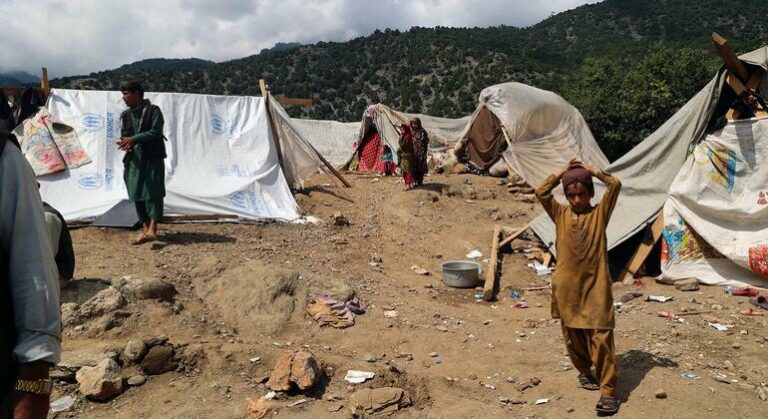
In a stunning turn of events, the Syrian civil war has reached a critical juncture as rebel forces have stormed into the capital city of Damascus, signaling the potential collapse of President Bashar al-Assad’s regime.
Over the past week, rebel groups, including the Free Syrian Army and Islamist factions, have made significant gains within Damascus, capturing several strategic neighborhoods and putting military pressure on the presidential palace.
Meanwhile, government forces have been forced to retreat from key positions, including the Republican Guard headquarters and several military bases. Reports indicate that high-ranking officials, including Assad’s brother Maher, have fled the city.
The international community has reacted with a mix of cautious optimism and concern over the developments in Damascus. The United States has welcomed the possibility of Assad’s ouster, but has also stressed the need for a political solution to the conflict.
Russia, a long-time ally of the Assad regime, has condemned the rebel advance and called for an immediate ceasefire. However, it is unclear whether Russia is willing to intervene militarily to support the government.
As the battle for Damascus intensifies, concerns are growing over civilian casualties and the potential for human rights violations.
Independent monitoring groups have reported hundreds of civilian deaths in recent days, including women and children. There are also allegations of summary executions and arbitrary detentions by both government and rebel forces.
The collapse of the Assad regime would have profound implications for Syria’s future and the broader Middle East.
With Assad potentially out of power, the question of who will succeed him and lead Syria into a new era remains unanswered. Potential candidates include rebel leaders, opposition figures, and members of Assad’s inner circle who may attempt to negotiate a power-sharing agreement.
Syria’s civil war has been largely driven by sectarian divisions between the country’s Sunni Muslim majority and the Alawite minority, to which Assad belongs.
If the Assad regime collapses, there are fears that sectarian violence could escalate, leading to a further fragmentation of the country.
Syria’s conflict has already had a destabilizing effect on the region, with neighboring countries hosting refugees and providing varying degrees of support to different factions.
The collapse of the Assad regime could create a power vacuum that could be exploited by extremist groups or neighboring states, potentially leading to increased regional tensions.
The battle for Damascus represents a watershed moment in the Syrian civil war, with the potential to end Assad’s rule and rewrite the country’s political future.
However, the collapse of the regime would not necessarily bring peace and stability to Syria. The aftermath of Assad’s ouster is likely to be complex and fraught with challenges, including political transition, sectarian tensions, and the threat of renewed conflict.
As the situation in Damascus unfolds, the international community and the Syrian people must work together to find a political solution that addresses the underlying causes of the conflict and promotes a peaceful and just future for Syria.


